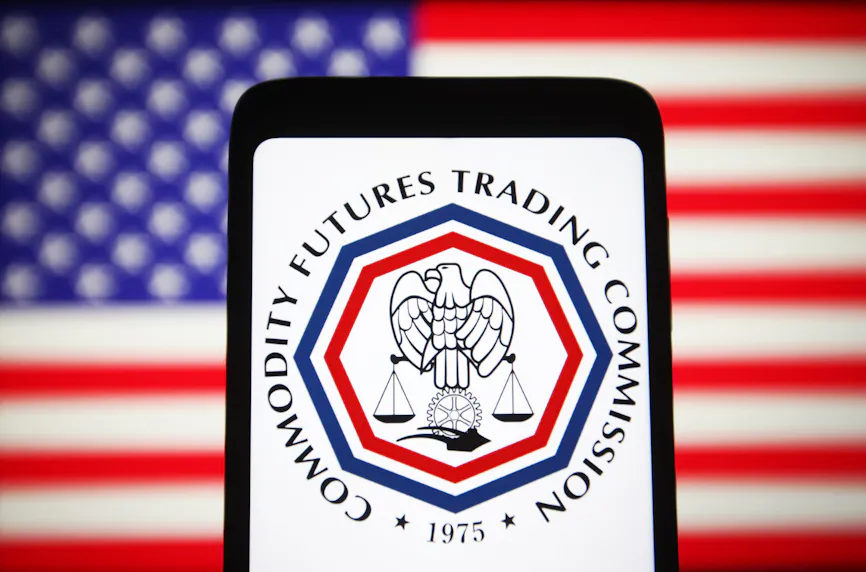CFTC Nominee Quintenz Won't Commit to Regulating Prediction Markets

Last Updated: June 12, 2025 2:54 PM EDT • 3 minute read X Social Google News Link

During a recent Senate Agriculture, Nutrition, and Forestry Committee hearing, Brian Quintenz, nominee for chairman of the Commodity Futures Trading Commission (CFTC), took a non-committal approach to prediction markets that offer sports contracts. His comments in his testimony implied that, under his leadership, the agency would not take action against companies like Kalshi and others.
Quintenz continually noted in the hearing that the CFTC is to regulate under the Commodity Exchange Act (CEA). He described the legislation as already allowing event contracts to be used for risk management, price discovery, and other purposes.
Sen. Adam Schiff of California cautioned that sports betting predictions may breach the Indian Gaming Regulatory Act (IGRA), as California's tribal nations have exclusive gaming rights through state compacts. Schiff asked if the CFTC under Quintenz's term would take action if the courts ruled that such contracts constitute illegal gaming activity.
Quintenz stated that he would respect the courts and enforce the law, but that determining the social or ethical fitness of specific event contracts is not the responsibility of the CFTC. He argued that the CEA establishes what a derivative marketplace is and what it is intended to be, and that statutory inconsistencies, such as that between the CEA and IGRA, are for Congress to decide.
Quintenz went on to say that he had no imminent plan to release new regulatory guidance for prediction markets but promised to reschedule a recently cancelled public roundtable on the matter. He stated that his course would be a path toward legal consistency, not policy-making.
Yet, not all legislators opposed it. Sen. Cindy Hyde-Smith of Mississippi favored prediction markets and questioned how they could balance innovation with oversight regulation.
He promised to avoid impulsive judgments and instead emphasize specific legal necessities and congressional input.
Long history with the CFTC
Quintenz worked as a commissioner with the CFTC in the Trump Administration from 2017 to 2020. President Donald Trump nominated him, and he supported a light-touch policy in regulations that would promote innovation in financial markets.
Quintenz was also a board member of Kalshi, a market for making predictions that sells event contracts, and a financial investor in the company, according to reports following his departure from the Commission. He told members of Congress at the time of the hearing that he would step down from both roles if approved as chairman of the CFTC to avoid a conflict. He certainly isn't taking advantage of Kalshi promo codes.
Confirmation of Quintenz as CFTC chair would place a former industry player with a pro-innovation perspective in the seat that leads one of the country's main financial regulators. His prior CFTC experience and association with Kalshi raised questions about his impartiality, but he has stated that he would sell his stake in the firm if confirmed.
The debate surrounding prediction markets, however, is far from subsiding. Congress is currently debating whether to regulate exactly what constitutes a legal commodity contract versus illegal gambling. In contrast, various state gambling regulators, including those in Nevada, are embroiled in lawsuits with Kalshi to prevent the platform from offering event contracts.

Ziv Chen X social





